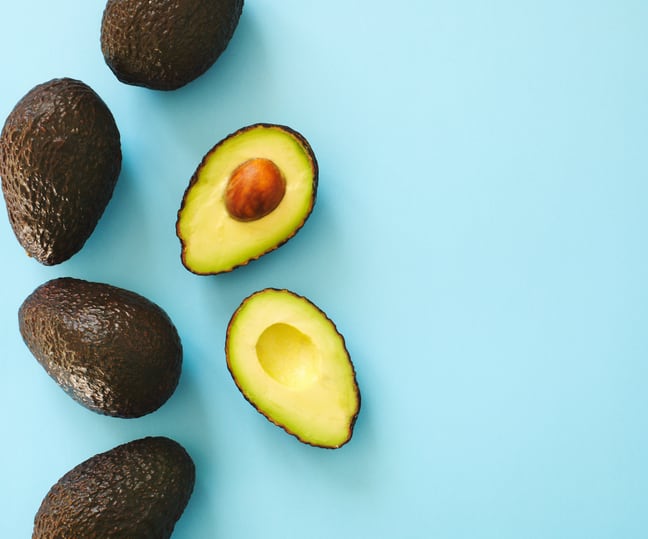Europe’s appetite for tropical fruit, such as avocados, banana and pineapples, is growing and producer countries are meeting that demand with rising supplies, notes the biannual report, Food Outlook.
On the back of rising supplies, global exports of bananas and tropical fruits rose by an average of 18% in the first six months of 2018, compared to the same period last year.
Bananas, pineapples and avocados were all export successes, with each posting a double-digit growth rate from last year (20%, 17% and 22% respectively), although these ample supplies have led to significant price drops in major buying markets such as Europe and the US.
“Mexico shipped about 75% of its produce to the US, while exports from all three emerging suppliers [Peru, South Africa and Kenya] were primarily destined to the EU. Driven by rising consumer preferences, avocado has ranked as one of the most demanded tropical fruits in recent years, as reflected by its rising export earnings.
“Such ample market potential has stimulated investments in avocado production, leading to an expansion not only in established producing countries, but also in emerging production areas,” writes FAO analyst Sabine Altendorf.
Mango exports grew by a more modest 7% while exports of papaya fell by 18% due to heavy rains in Mexico, which is the biggest producer in the world.
The previous Food Outlook report, published in July, featured a special report on global supply and demand in minor tropical fruits like guava, jackfruit, longan, lychee, durian and rambutan.
Trouble brewing for coffee
Meanwhile, coffee is in crisis with international market prices less than 45% in real terms than in 2011.
“[This is] a protracted decline that is rekindling memories of the sector's crisis in the early 2000s,” writes FAO economist El-Mamoun Amrouk in the report.
“As coffee is the most widely traded tropical product and generates sizable export earnings for countries that rely on food imports to meet their needs, the precipitous price fall is a concern, especially as it impacts the living standards of the roughly 25 million smallholder producers around the world who account for 80% of the world output.
The fact that coffee accounts for a significant proportion of some countries’ agricultural output – it makes up more than two-thirds of agricultural exports in Burundi and just under or over one-third in Colombia, Ethiopia, Honduras, Rwanda and Uganda means any changes can have a big impact on employment, income and even migration patterns, writes Amrouk.
Last month, associations representing coffee farmers in more than 30 countries in Latin America, Africa and Asia published an open letter urging the industry’s largest organisations to take joint action to address the crisis.
According to Amrouk, a joined-up global approach is necessary.
“Tackling the current state of low coffee prices will require some sort of coordinated international action. Yet, what is needed is not market intervention, but rather market cooperation – mostly cooperation among exporters, with the involvement of importers, to ensure that the global coffee market expands reasonably and protects the livelihood of millions of smallholder producers.
“Market cooperation means, for example, sharing the most accurate and reliable market intelligence, including information on the short- and medium-term outlook, as well as on production expansion plans. It also means developing and implementing global coordinated promotional activities that have the commitment of exporters and importers.
“Finally, creating value-added coffee products at the origin could also alleviate exposure to volatile raw coffee prices,” he added. “This hinges, however, on the willingness of the major importing countries to reduce tariffs on processed coffee products, which remain relatively constraining in many cases.”
Lower import bills
The FAO estimates worldwide food imports will reach $1,467 trillion (€1,284tn) in 2018, 3% above the previous year's level but slightly down from the July forecast.
Commodities such as coffee, tea, cocoa and sugar have all seen a decrease in price, which is easing global import costs, says the report. However, this will probably be offset by rising freight costs.
The falling price for global agri-food commodities should “ease the bill” for the world’s poorest countries when they pay for imports, according to the FAO.
Generally, the global outlook for food supplies remains unchanged since earlier assessments thanks to “robust production prospects and inventory levels taming prices”, the report says.
However, erratic weather, trade policies (and disputes) and currency exchange rates (particularly a strengthening US dollar) are all causes for concern for food security, it warned.

